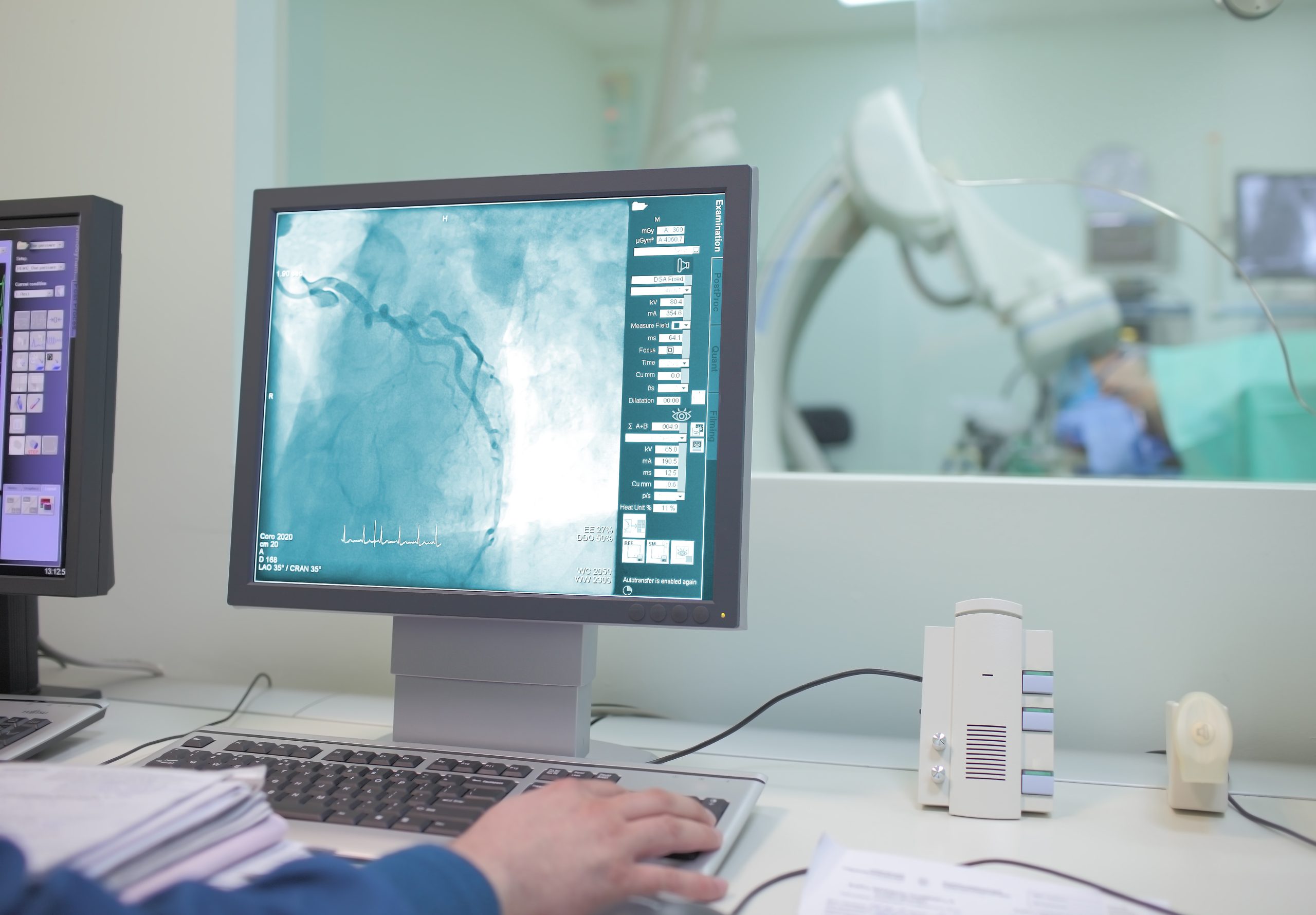
FDA approves high-dose Eylea for the treatment of wAMD, DME and diabetic retinopathy
The U.S. Food and Drug Administration (FDA) has approved EYLEA HD (aflibercept) 8mg injection for the treatment of wet AMD, DME and diabetic retinopathy (DR), as announced in a news report by Regeneron.
The approval follows the positive results of the pivotal PULSAR and PHOTON clinical trials that clinically demonstrated equivalent vision gains with fewer injections compared to EYLEA 2mg. According to the news report, the recommended dose is a loading dose of8 mg (0.07 mL of 114.3 mg/mL solution) every 4 weeks for the first 3 months across all indications, followed by 8 mg every 8 to 16 weeks (2 to 4 months) in wAMD and DME and every 8 to 12 weeks (2 to 3 months) for DR.
Both the PULSAR for wAMD and PHOTON for DME trials met their primary endpoints, with the vast majority of randomised patients being able to maintain 12- or 16-week dosing regimens through 48 weeks after the loading phase.
According to George D. Yancopoulos, MD, PhD, Board co-Chair, President and Chief Scientific Officer at Regeneron, and a principal inventor of EYLEA,the introduction of EYLEA drastically changed the way retinal diseases were treated. “With the approval of EYLEA HD, we have elevated the high standard that EYLEA set,” he said in the press release. “Our continued commitment to retinal diseases resulted in an important scientific innovation – evolving the proven efficacy and safety of EYLEA into a new treatment, EYLEA HD, that provides lasting vision control with even fewer injections to further benefit those living with wet age-related macular degeneration or diabetic retinal diseases.”
“In its clinical trial program, EYLEA HD demonstrated an unprecedented ability to maintain vision with extended dosing intervals, which created an exciting new advancement in the treatment of our patients with serious retinal diseases,” Allen C. Ho, MD, Director of Retina Research and Co-Director of the Retina Service of Wills Eye Hospital and Professor of Ophthalmology at Thomas Jefferson University said in the press release. “I look forward to offering EYLEA HD to my patients as a new treatment option that builds off of the established efficacy and safety profile of EYLEA.”
